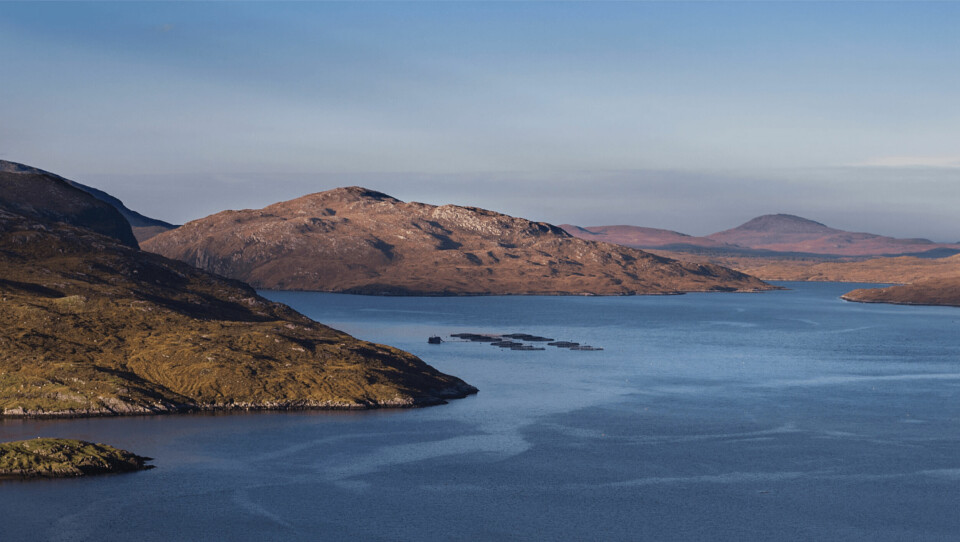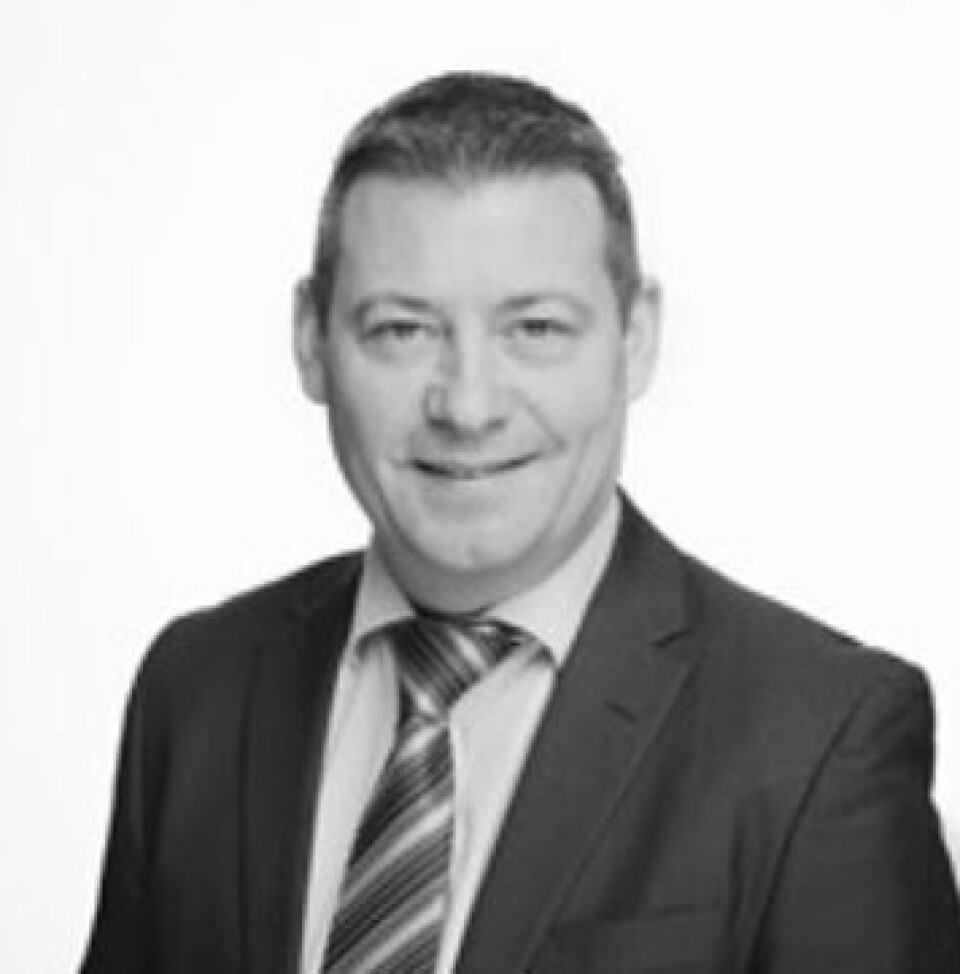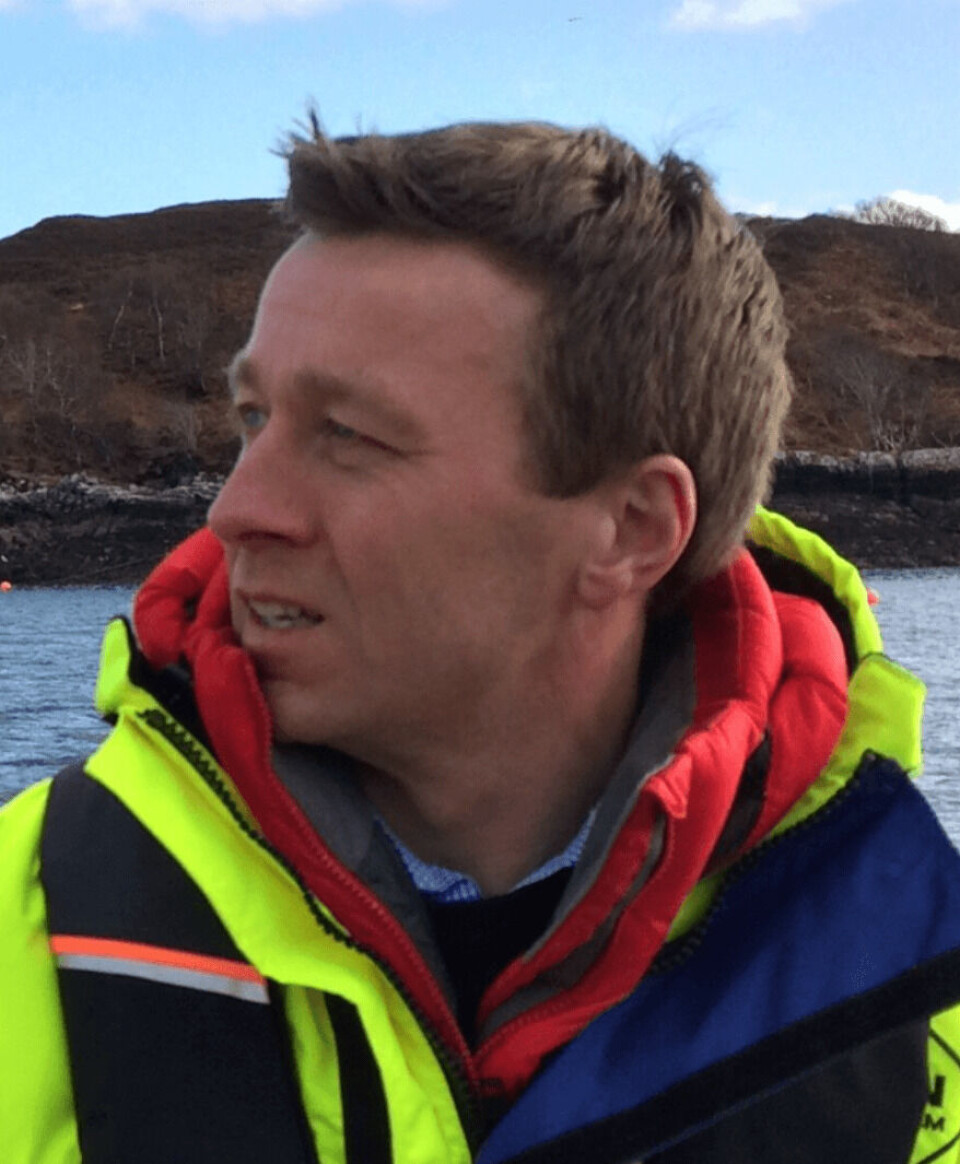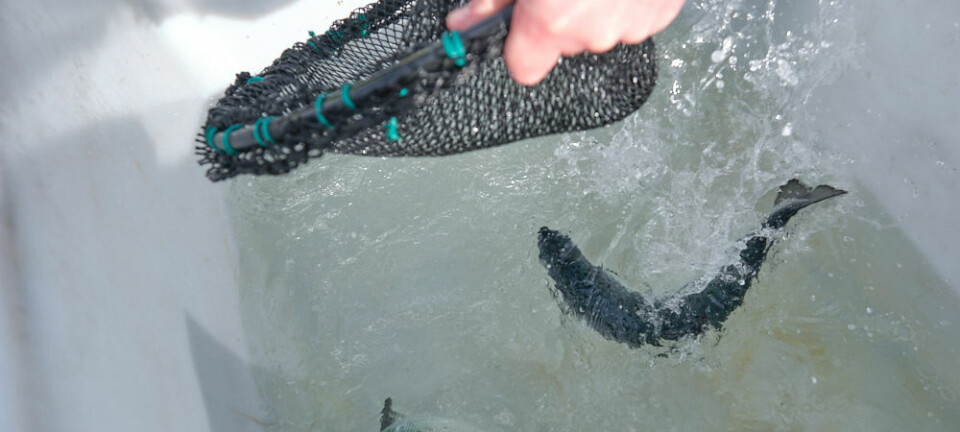
Mowi and Scottish Salmon Co swap sites on Harris
The Scottish Salmon Company (SSC) and Mowi have agreed to exchange farm sites on Harris to support continuous improvement and sustainable health management.
The agreement will see ownership of SSC’s Trilleachan Mor site on Loch Seaforth on the east of Harris and its Scaladale shore base pass to Mowi.
In return, SSC – which is owned by Faroese salmon farmer Bakkafrost - will assume control of Mowi’s Scotasay and Raineach sites further south, and the shore base at East Loch Tarbert.
The site exchange will be carried out in accordance with all regulatory requirements including where required the transfer of relevant licences, the companies said in a press release.
Better lice control
The swap allows SSC and Mowi to consolidate the management of their sites around Harris rather than operating over geographically disparate locations.
The companies said the creation of these distinct management areas will be key to effective health management, with the largest gain being sea lice control, where centralised management from the one point will allow for faster and better coordination of resources, resulting in a more effective control of parasite levels.
The handover and relocation of relevant infrastructure will be completed by March and all staff will be redeployed at different sites.

Operational efficiencies
SSC chief executive Odd Eliasen said: “The nature of salmon farming means we operate sites in remote and often disparate locations.
“Working in partnership with Mowi, we both appreciate the opportunity to restructure the ownership of our sites around Harris that would not only create operational efficiencies but would be key for both companies to continue to improve health management of stock.
“Collaboration within the industry is vital to enable our long-term sustainable growth and deliver positive economic impact to the remote and rural communities in which we work.”
Future collaborations
Ben Hadfield, Mowi’s chief operating officer farming for Scotland, Ireland and the Faroes, said: “This site exchange is a prime example of how positive collaboration between companies can lead to a win-win situation both from a fish health perspective and environmentally.
“It is encouraging to see agreements like this materialise and it certainly opens a door for future collaborations that contribute to the sustainable development of our sector.”

Fish welfare
Iain Berrill, head of technical at the Scottish Salmon Producers’ Organisation (SSPO), said coordination and collaboration by farming neighbours has an incredibly beneficial impact on fish welfare.
“This leads not only to improved health for our fish, but also supports us in meeting our responsibility to look after the environment in which we farm,” added Berrill.
‘A step in the right direction’
Richard Davies of the Outer Hebrides Fisheries Trust (OHFT), which represents riparian rights owners, fishery managers and anglers, said: “Whilst we would prefer biological separation of farmed fish from the wild to eliminate risk of lice or disease transmission, consolidating sites like this should be a step in the right direction in reducing risks where they currently exist. It will make our role of monitoring impact on wild fish and communication easier and, in theory, it will make co-ordinated treatment easier for the operators. Salmon farms have a duty not to jeopardise wild fish populations and OHFT look forward to seeing the operators involved in the site exchange initiative demonstrating the positive environmental outcomes.”























































